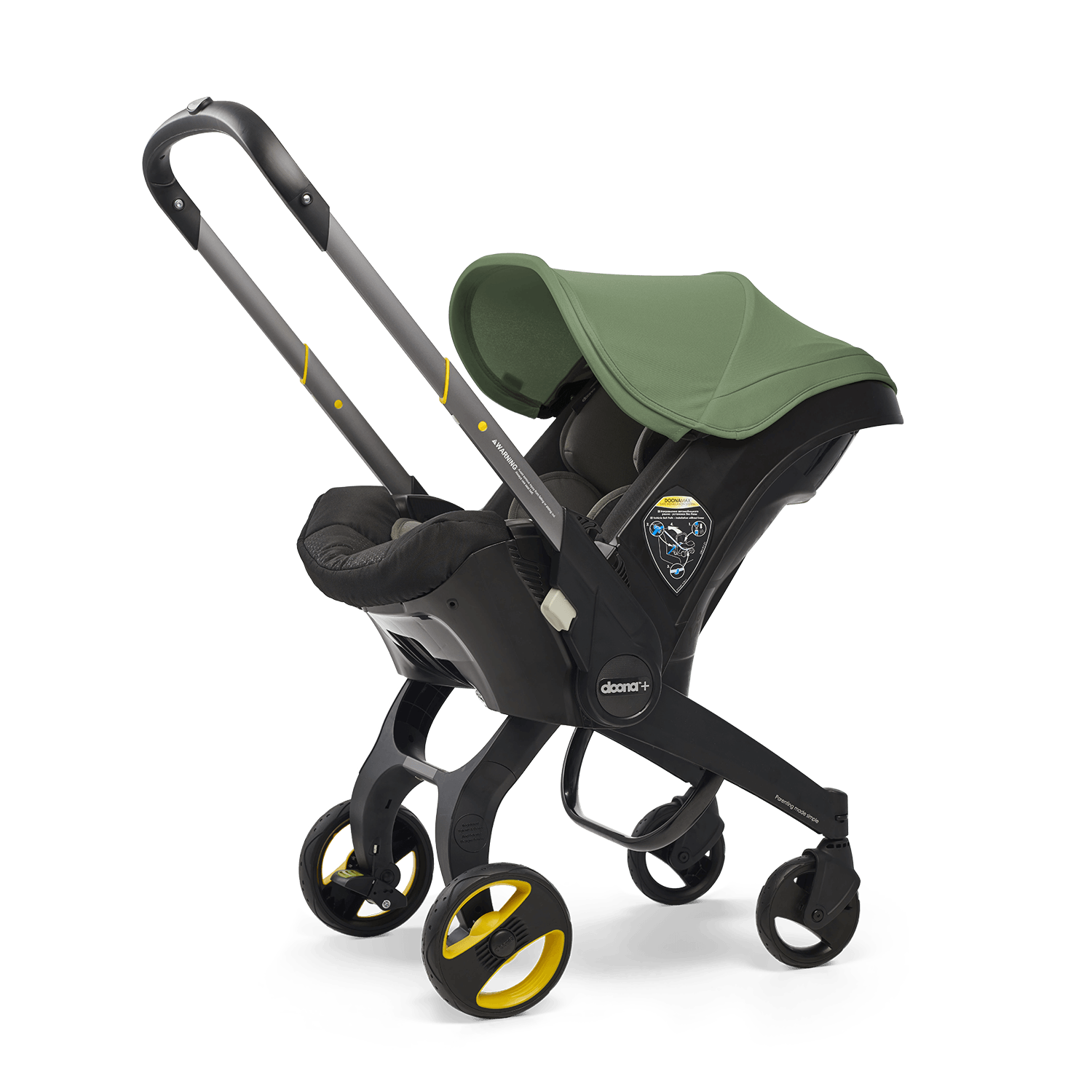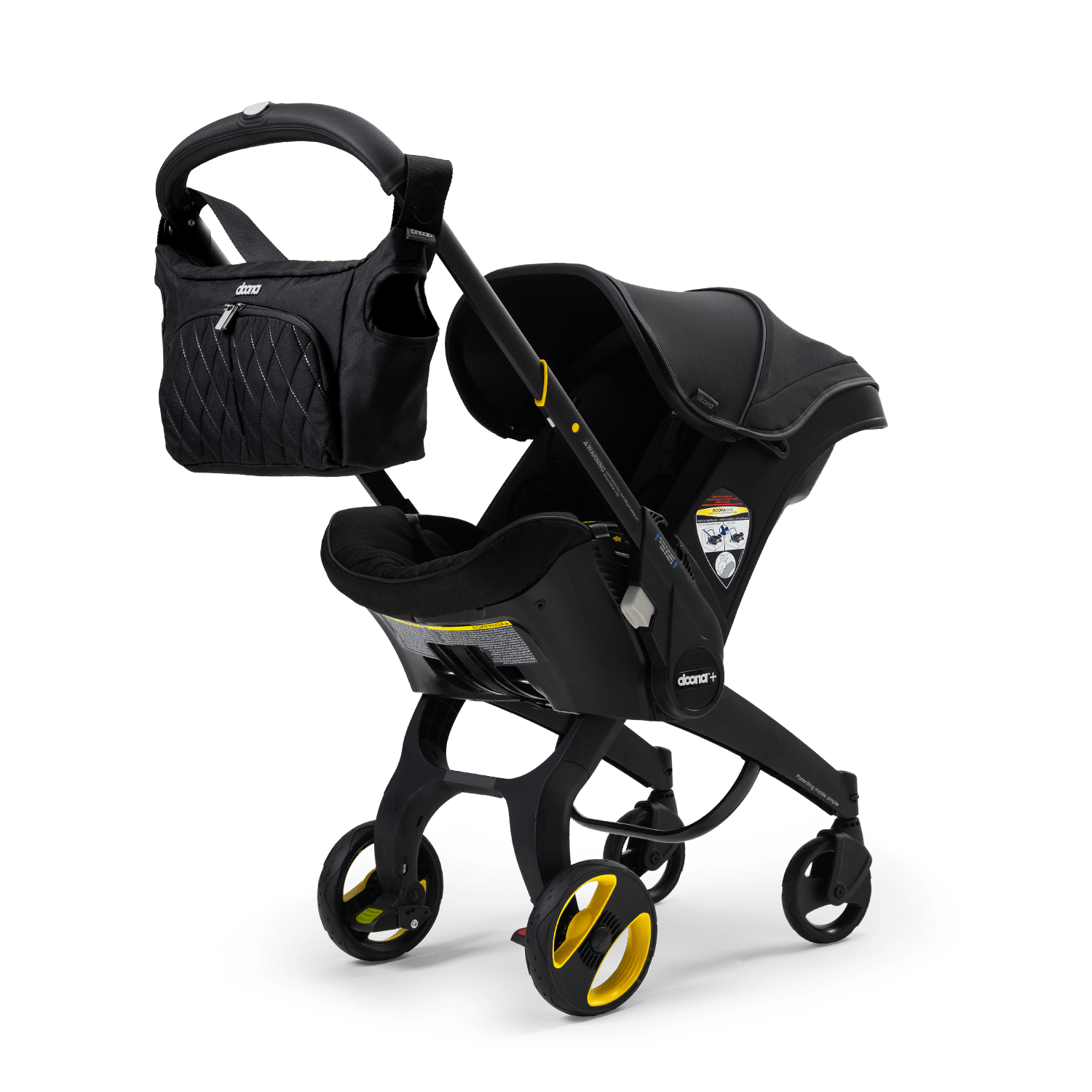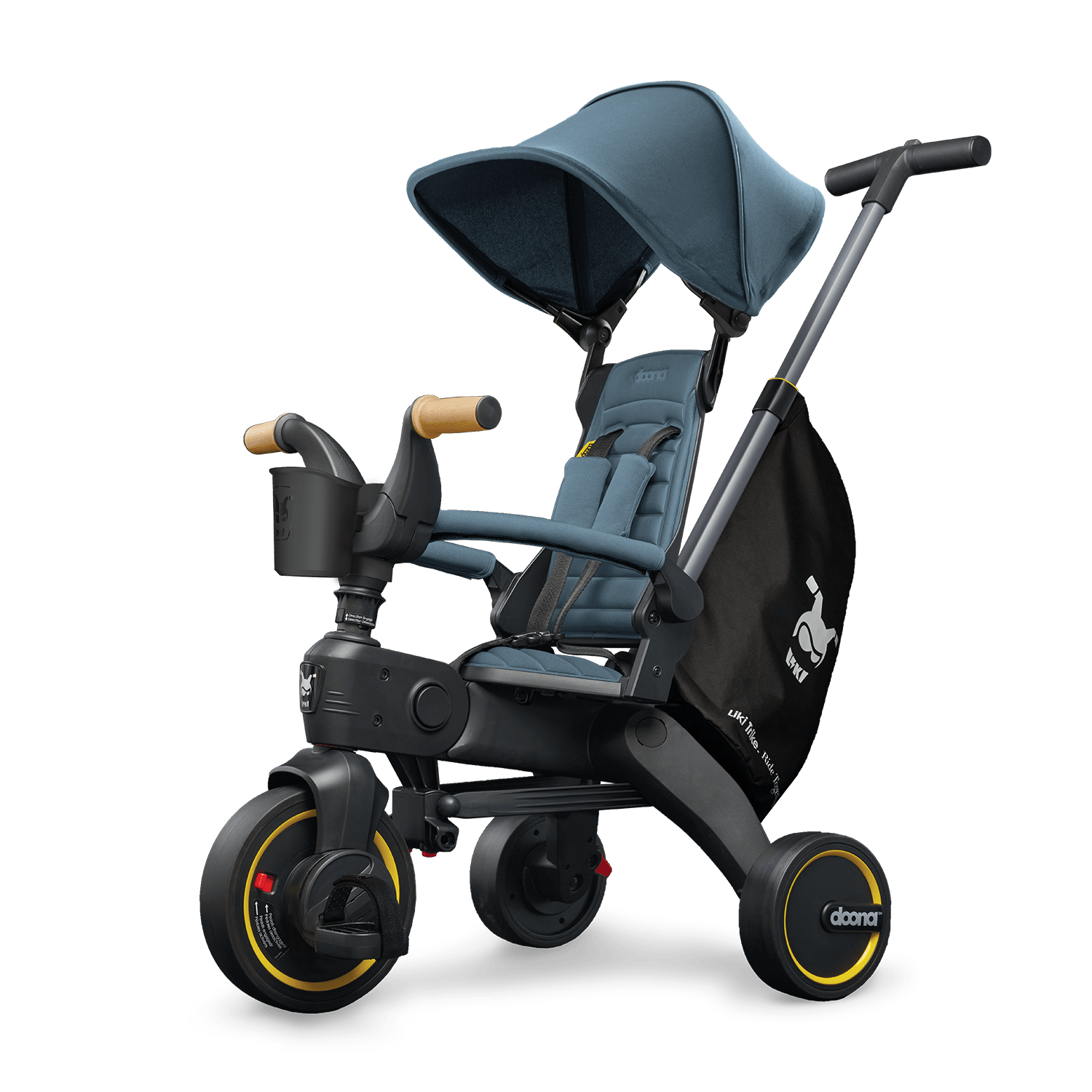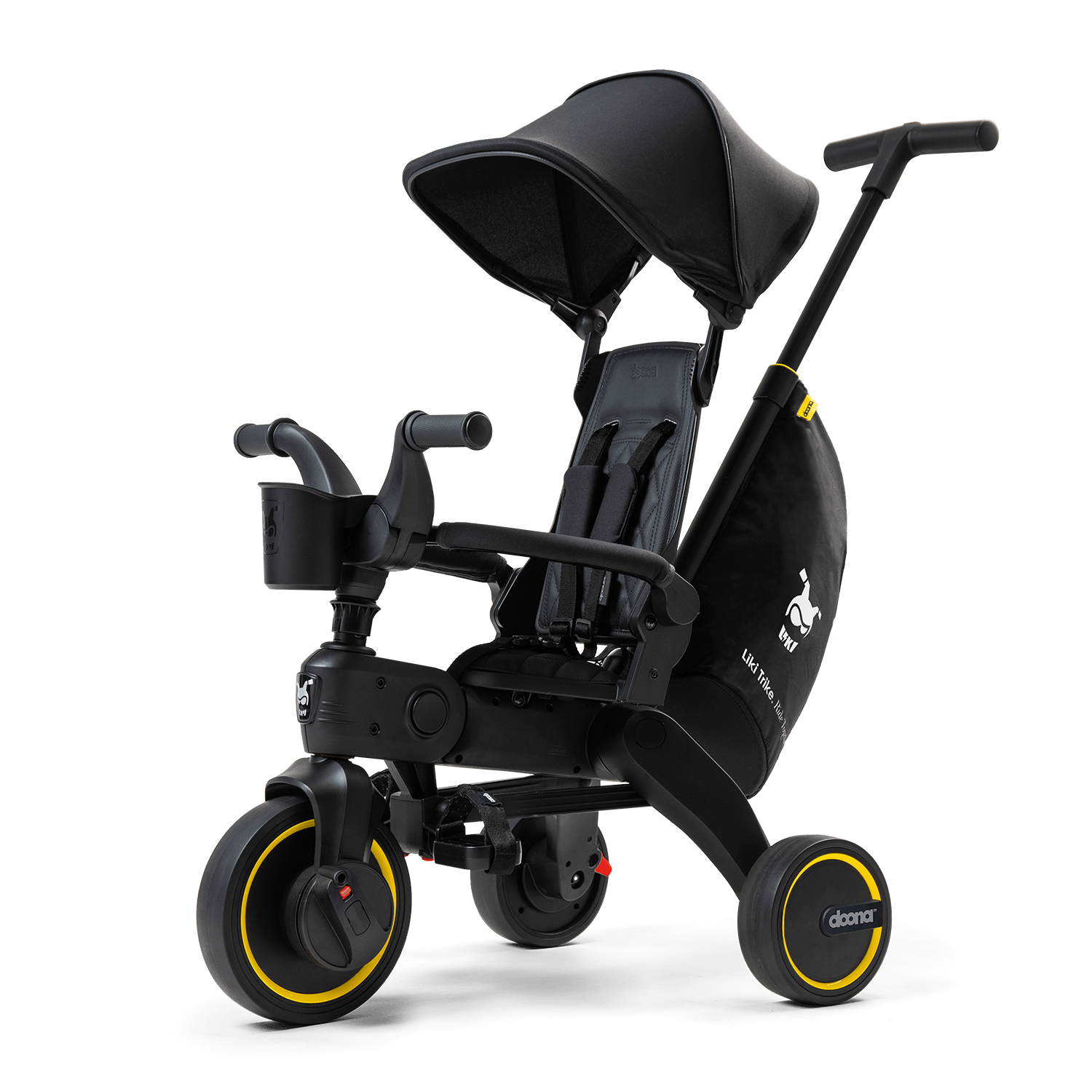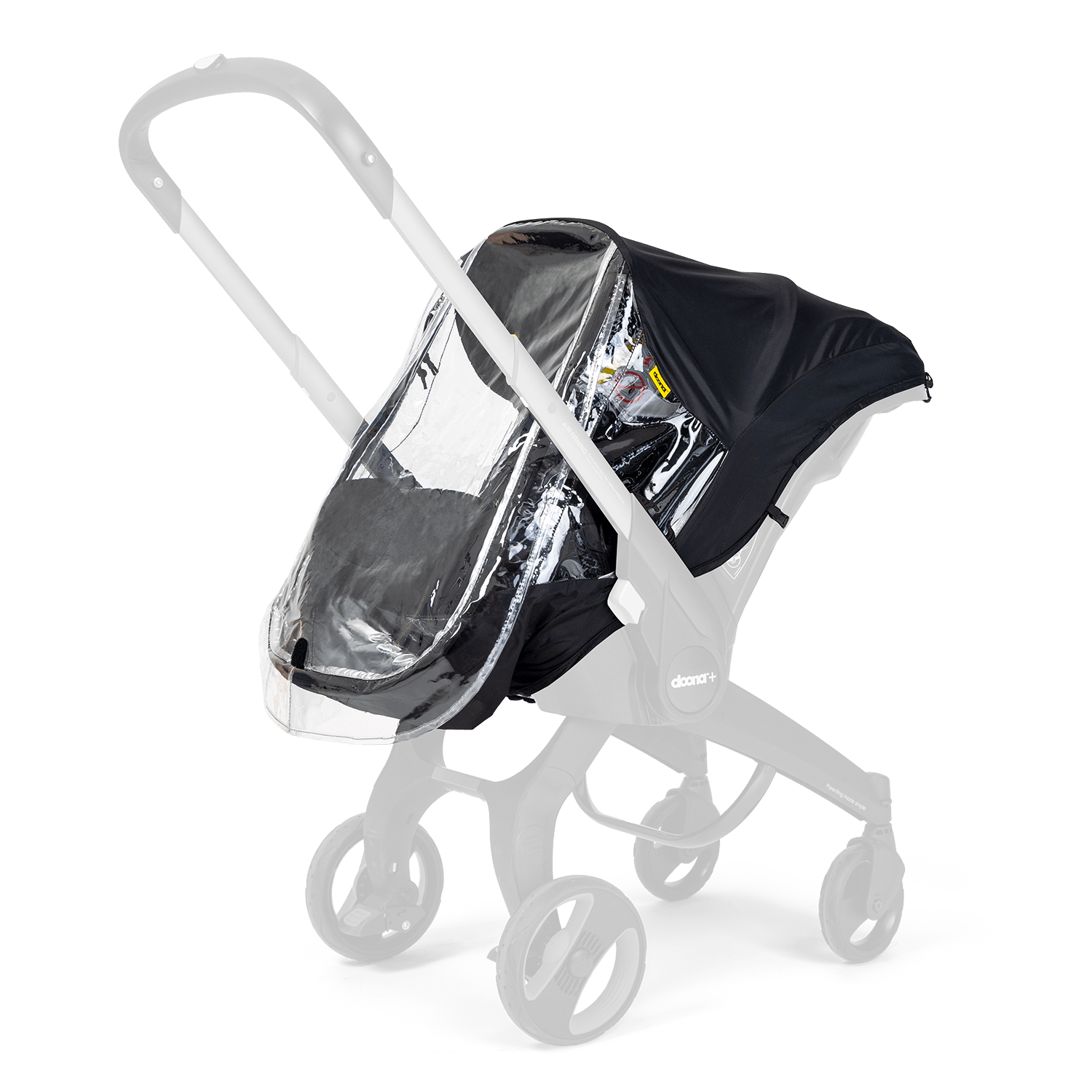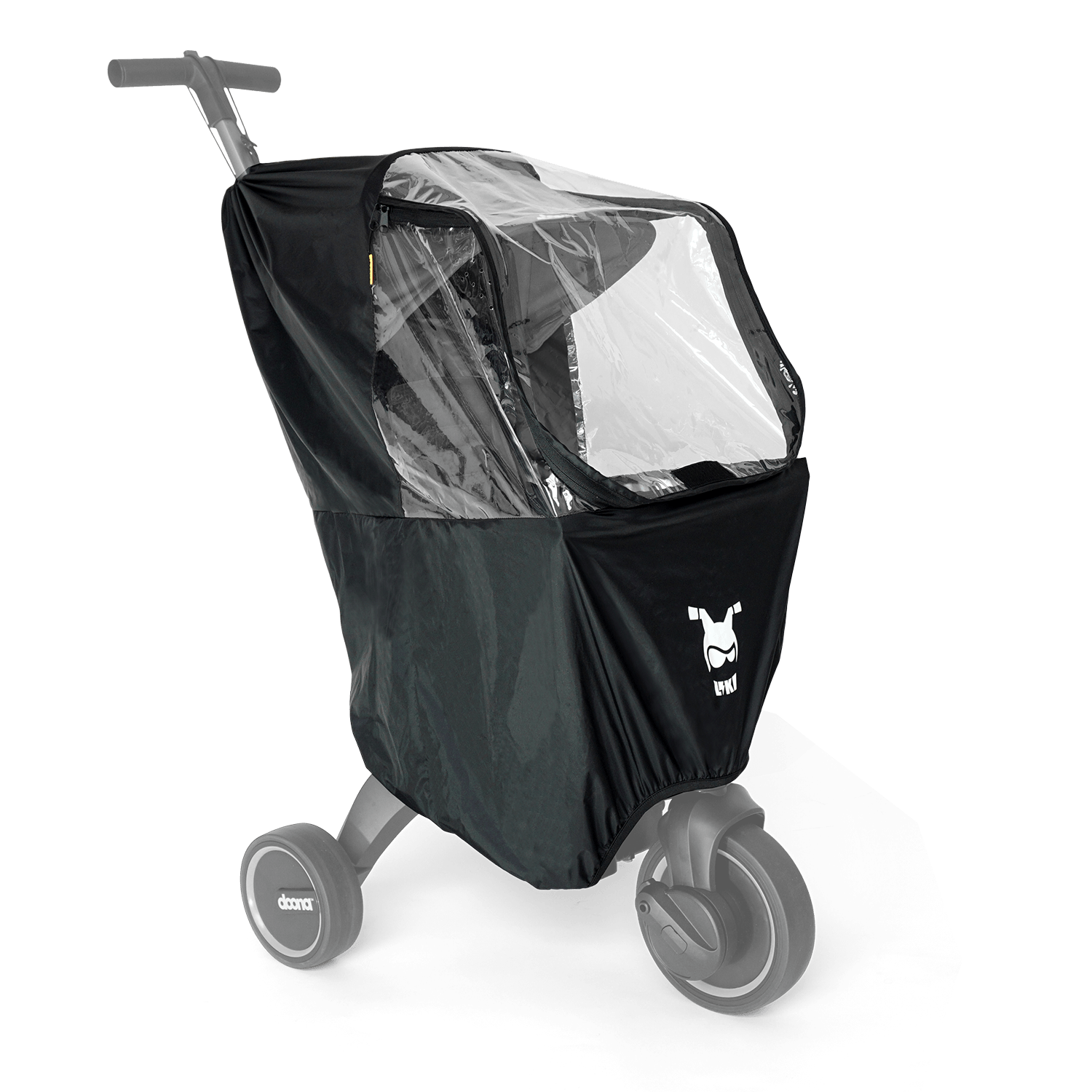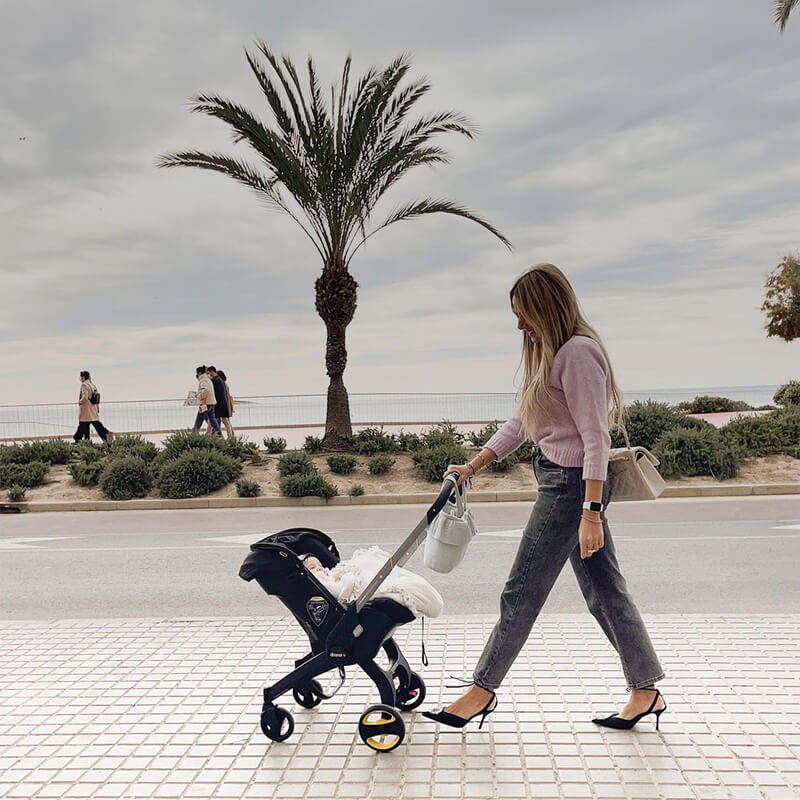Postpartum 101 What happens to moms after they give birth
Once your baby arrives, there are going to be a whole lot of changes! The postpartum period, which starts after birth and can last about six to eight weeks. It’s a time for recovery and adapting physically, emotionally, and even socially. So, to help you prepare for what will happen to you (or the soon-to-be mama in your life) upon the little one’s arrival, we have created this blog on postpartum symptoms and care.
Physical effects
While there are a few key symptoms you may already expect, such as soreness or numbness or pain from your c-section incision, vaginal discharge, swollen breasts, and the beginning of lactation, there are also several that might surprise you. One is afterpains, or cramps as the womb contracts back to normal size. You might also experience body aches, difficulties peeing or pooping, or hemorrhoids. It is also common to experience postpartum back pain and hair loss. While this is not an exhaustive list, it is important to be aware of what might happen and have the right tools and resources for your recovery!
Psychological changes
Your body isn’t the only thing that will be changing postpartum. Hormonal changes will happen too, and they can have a serious impact on your mood. It is very normal for new mothers to experience feelings of sadness for a few weeks following birth. But sometimes, these feelings worsen or are reluctant to go away. Depression is a common symptom and a massive challenge for the new moms who face it. This is definitely a postpartum symptom not to ignore. So, be prepared to consult your doctor right away if depressive symptoms arise, and try to be open with your trusted family or friends. Remember that this is very common and you are not alone.
Social impacts
While thinking about all of these symptoms might be overwhelming, they are common experiences that happen to many moms as a part of recovery and motherhood. Connecting with your support system, including family, friends and loved ones, provides a sense of security and support. You can also check in with the other moms in your life and your community for advice and comfort. Looking for a place to start? Check out our blog post about networking for parents to find various in-person and online communities that were created for emotional support, expert-led support groups, spaces to create new friendships, network and more.
Creating a care plan
Before you give birth, you’re going to want to be fully prepared, which is why we recommend creating a postpartum care plan that details exactly how you want to tackle symptoms and situations you might face. This plan should include things such as how to eat a nutritious and well balanced diet, gentle postpartum workouts you might like to try, and how you want to manage your self-care. As you write down your favorite ways to relax, who to call when you need help, and organize your new hygiene routine, we recommend planning what you will do if you experience something that might require additional support or medical attention. This is a great way to stay ahead of challenges and ease any worries, so you are fully prepared to handle whatever motherhood throws at you.
At Doona, we believe in making parenting simple and we know that postpartum symptoms can be anything but! We hope this quick overview helps you feel more prepared and empowered to take charge of your recovery and be the best mom you can be! For more articles like this one, visit our parenting tips blog. Until then, we wish your little one a warm welcome to the world!
